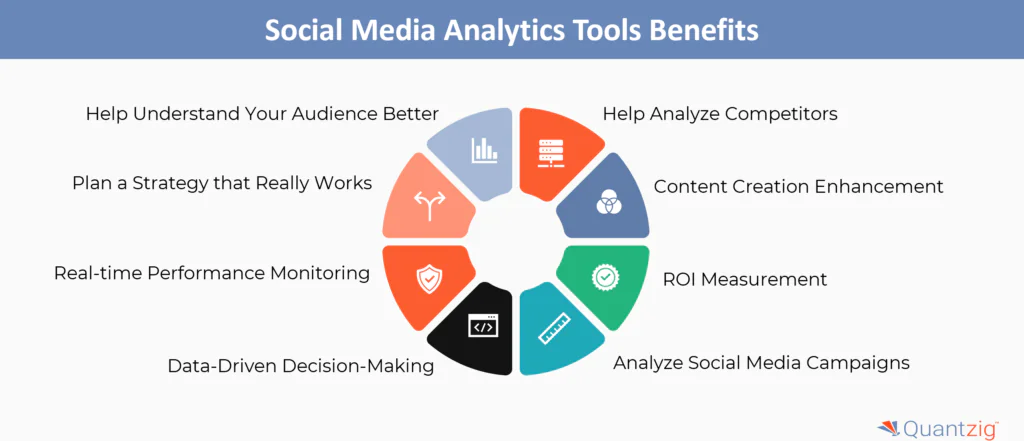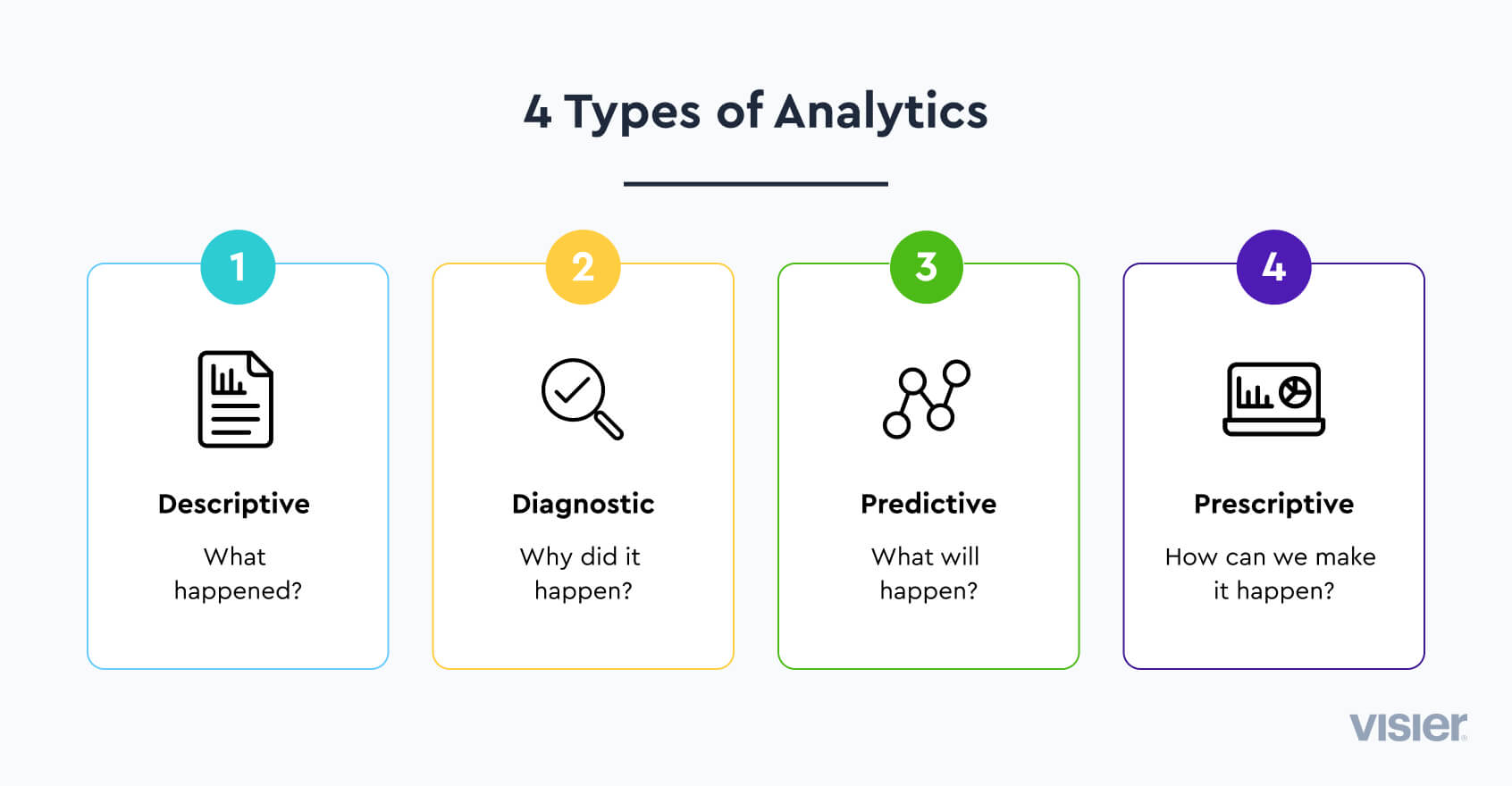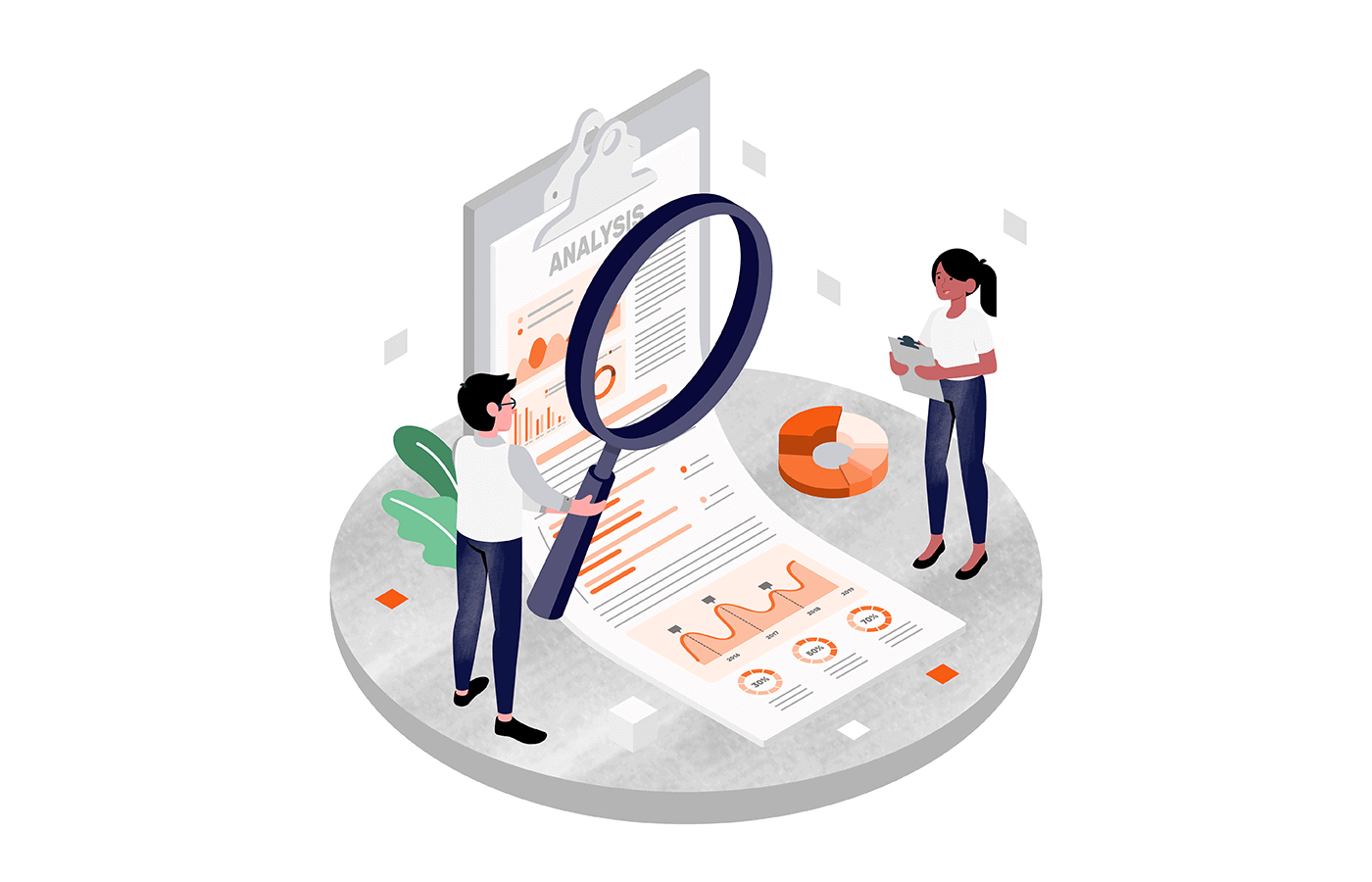Use the Power of Big Information with Cutting-edge Analytics Solutions
Use the Power of Big Information with Cutting-edge Analytics Solutions
Blog Article
Take Full Advantage Of Growth: Just How Analytics Drive Better Methods
By using information insights, businesses can fine-tune their functional approaches, anticipate market modifications, and enhance consumer interaction. The obstacle exists not just in collecting information yet in effectively translating it to drive concrete outcomes.
Understanding Data Analytics
Data analytics is a methodical computational evaluation of data that makes it possible for organizations to discover purposeful patterns and insights. This process incorporates a range of techniques, consisting of analytical analysis, anticipating modeling, and data mining, which jointly intend to change raw data into actionable info - Analytics. By using these methodologies, organizations can make educated choices that are rooted in empirical evidence rather than instinct alone
The foundation of data analytics depends on its ability to deal with large amounts of details from diverse resources. This consists of organized data, such as data sources, and disorganized data, including social media communications and customer feedback. Through making use of specialized software application and tools, experts can extract and refine this data effectively, recognizing fads and correlations that might not be instantly apparent.
Comprehending information analytics also involves recognizing the importance of information high quality and stability. Accurate and reputable information is critical for purposeful analysis; hence, companies have to implement robust information administration techniques. The iterative nature of analytics permits for continual refinement and improvement of methods, making sure that organizations stay agile in the face of transforming market characteristics and customer behavior.
Secret Advantages of Analytics

Among the key advantages of analytics is its ability to provide workable insights. Organizations can rapidly assess huge amounts of data, revealing patterns that might not be immediately apparent. This assists in expecting market shifts and adapting strategies appropriately. Furthermore, analytics promotes a society of evidence-based decision-making, minimizing dependence on instinct and guesswork.
Another significant advantage is boosted client understanding. Analytics tools allow services to section their audience, track customer actions, and customize marketing initiatives. This targeted approach not just boosts consumer involvement however also drives greater conversion rates.

Implementing Analytics Methods
To fully recognize the benefits of analytics, organizations need to adopt organized strategies for application. This starts with clearly defining purposes that align with wider organization goals. By establishing details, measurable results, companies can focus their analytics efforts on areas that generate the greatest roi.
Next, organizations ought to focus on data governance to guarantee the honesty and security of the data being evaluated. This includes establishing protocols for data collection, storage space, and accessibility while adhering to appropriate regulations. Guaranteeing high-grade information is critical for producing significant understandings.
Moreover, cultivating a society of go data-driven decision-making is essential. This needs training staff members to analyze analytics searchings for and motivating partnership throughout departments. When groups understand the value of analytics, they are more likely to integrate insights into their day-to-day procedures.
Last but not he said least, companies need to consistently evaluate and refine their analytics strategies. The landscape of data and modern technology is consistently advancing, and staying adaptable will enable companies to take advantage of new devices and techniques properly. By carrying out these organized techniques, organizations can take full advantage of the impact of their analytics initiatives and drive lasting development.
Tools for Reliable Evaluation
Effective evaluation depends on a range of tools that promote the extraction of understandings from data - Analytics. These devices can vary from easy spreadsheet applications to advanced device finding out systems, each offering a special purpose in the logical process
Information visualization software application, such as Tableau and Power BI, from this source plays an essential duty in transforming complex datasets into reasonable visual representations. These devices make it possible for analysts to recognize patterns and trends promptly, allowing for more enlightened decision-making.
Statistical evaluation software program, like R and SAS, offers sophisticated capacities for conducting thorough evaluations, consisting of regression, theory screening, and predictive modeling - Analytics. These functions encourage organizations to draw significant verdicts from their data, determining possible possibilities and threats
Furthermore, database administration systems such as SQL and NoSQL databases supply the essential infrastructure for storing and querying large quantities of information efficiently. They ensure that data is organized and available for evaluation.
Lastly, business intelligence platforms incorporate numerous information sources, providing an extensive view of organizational efficiency. By utilizing these tools effectively, businesses can enhance their analytical capacities, enabling them to establish approaches that maximize development and boost general efficiency.
Instance Researches of Success
Effective organizations frequently leverage data analytics to drive impactful strategies, as confirmed by a number of noteworthy study. One prominent example is Netflix, which uses advanced formulas to evaluate viewer preferences and actions. By utilizing these insights, Netflix has successfully customized its content recommendations, resulting in boosted individual interaction and customer retention. Their data-driven technique has actually certainly added to their condition as a leading streaming service.

Additionally, Starbucks employs data analytics to identify ideal store places and fine-tune its product offerings. By checking out consumer demographics and acquiring patterns, Starbucks effectively determines high-potential markets and customizes its food selection to neighborhood preferences, driving sales and consumer commitment.
These study highlight that reliable application of information analytics can bring about strategic advantages, fostering development and growth within organizations across various markets.
Verdict
In verdict, the assimilation of analytics right into business methods substantially enhances decision-making procedures and fosters lasting development. By leveraging data-driven insights, companies can identify patterns, anticipate market shifts, and optimize procedures. The reliable implementation of analytics tools further sustains agility and advancement, allowing organizations to navigate affordable landscapes with higher precision. Inevitably, a dedication to analytics not only drives immediate efficiency enhancements but additionally protects long-lasting success in an ever-evolving marketplace.
Data analytics is an organized computational analysis of data that enables companies to reveal significant patterns and understandings.Comprehending information analytics also entails recognizing the relevance of data high quality and integrity. Precise and dependable information is essential for purposeful analysis; thus, companies should apply robust data administration techniques.Following, companies must focus on data governance to ensure the integrity and safety of the information being evaluated.Effective companies often utilize data analytics to drive impactful methods, as evidenced by several noteworthy situation studies.
Report this page